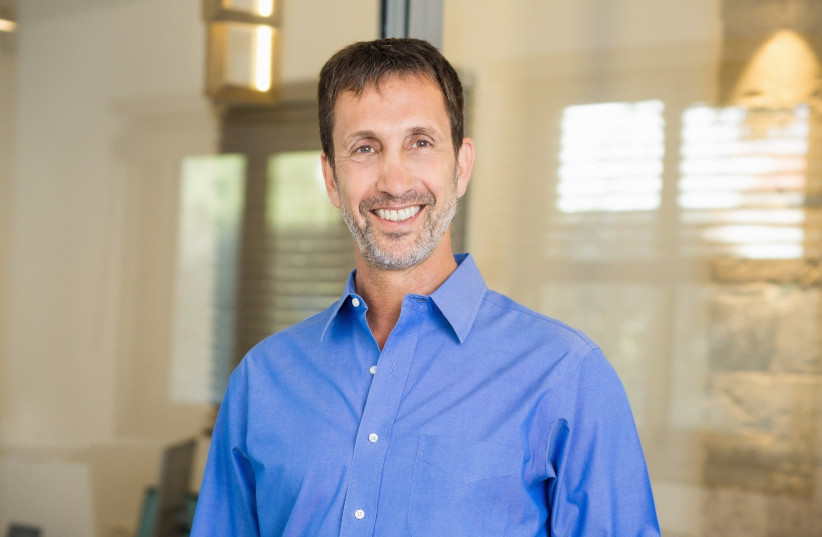Sustainability, environmental impact and climate friendliness are the name of the game in the current start-up ecosystem. As of 2022, more than 700 companies exist within the climate-tech sector, each with its own approach to solving climate issues with its innovative technology. Each of those companies began as an idea that needed to get off the ground, which is where investors enter the scene.
Through their careful selection of start-ups presenting solutions to the world’s problems, the country’s investors have curated the current landscape of climate solutions. By investing in the solutions to certain issues over others, they inspire innovators to create new solutions to those same issues, because they have seen that solving those issues is what makes money.
That kind of power carries an awful lot of responsibility; as such, one might hope that Israel’s climate-tech investors know what they are doing and that they believe in it too.
“To be honest, I don't believe that most of the global financial investors are getting into this field, because of their love for Mother Nature. I think that there is a lot of cynicism, a lot of greenwashing."
Ran Grodecki
“To be honest, I don’t believe that most of the global financial investors are getting into this field because of their love for Mother Nature,” said Ran Grodecki, a managing partner at Bridges Israel.
"I do see more Israeli funds that are focused on climate tech-related investments who, like Bridges, care for the actual outcome, in addition to the expected financial return. The good news is that whatever the motivation is -- purely financial or outcome-driven - the amount of capital flowing in this direction is increasing significantly, and will help solve some of the issues we are facing," he said,

Bridges Israel is an impact-investing fund dedicated to promoting companies that serve to provide real, tangible and quantifiable impact in the fields of environment, social and corporate governance (ESG) issues.
Despite his critical outlook, Grodecki believes in the solutions that his fund commits to, and he knows that they are bettering the world. But at the end of the day, they will still need to prove their worth.
“It’s a concept we call ‘lockstep,’” he said. “We look for a combination of high impact and potentially high financial returns. If [a start-up] isn’t financially promising, we will not do the deal, even if it’s very impactful. We believe that companies which have a very strong impact but do not show large growth potential are not sustainable. So the impact eventually will be lost once they shut down after two, three years.”
Investing in agri-tech
A similar sentiment was echoed by Dganit Vered, CEO of Smart Agro Fund, which is focused on finding agritech solutions that can combat the ongoing climate crisis.
The idea of lockstep is critical in making a sustained global impact because, without the ability to scale, a company’s reach will simply be too limited, she said, adding: “If people believe that they will be able to create a $1 billion company, solving a big problem, positively impacting the future of the world, as well as gaining profit for themselves and their investors, then it’s a perfect fit.”
Vered believes that investors play a significant role in the climate-tech sector’s composition, but ultimately “the diversity of the sector is so big, that if you have identified a really real problem and a good way to solve it, and if you’re doing good enough business… you will find the money.”
